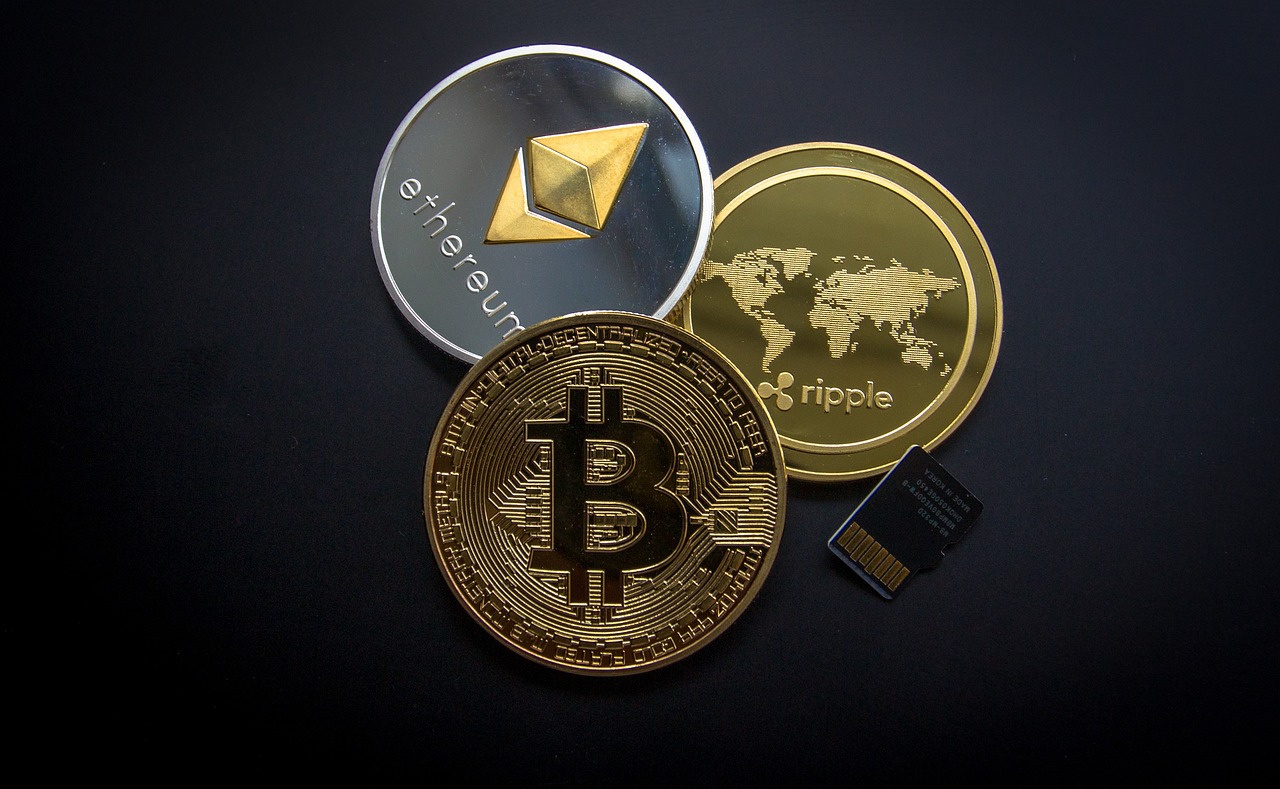
The proposed law would regulate the future tradability of cryptocurrencies.Continue reading

On April 8, 2024, the regulation on immediate transfers in euros came into force, aiming to enable customers to make instant transfers in euros through any banking channel in the European Union, ensuring that the money reaches the beneficiary within a few seconds.
According to Világgazdaság, this aligns with Hungary’s trajectory since 2020: to establish instant transfers as a fundamental service for all. Meanwhile, the Hungarian National Bank (MNB) is already preparing the next stage of domestic Instant Payments with the widespread introduction of QR codes, NFC, and payment request solutions, providing consumers with a convenient and free alternative in all payment situations.
The slow adoption of instant credit transfers in euros in euro-zone member states so far has largely stemmed from not all European banks participating in the system. This lack of participation created uncertainty regarding whether money transfers would indeed reach the beneficiary within seconds. MNB addressed this issue with Instant Payments, introduced in 2020, by mandating all payment service providers to offer instant transfer services.
Building upon this successful Hungarian model, the European Commission has introduced regulations for euro-based instant transfers.
Under these new rules, payment service providers must ensure that immediate euro credit transfers are credited to the payee’s account within 10 seconds, 24/7. Additionally, the payer must be informed within this timeframe whether the transfer order has been executed or rejected. These rules aim to ensure prompt receipt of funds for consumers and businesses, potentially enhancing liquidity management for small and medium-sized enterprises and facilitating a single pan-European payment solution.
Member States not using the euro may have limited access to euro liquidity outside of working days. Consequently, supervisors of these states may permit payment service providers to limit immediate euro transfers initiated from non-euro-denominated accounts outside working days. However, immediate transfers of euro funds from euro-denominated accounts will be unrestricted.
In addition to these foundational elements, the regulation focuses on three main areas:
With the introduction of Instant Payments, MNB aimed to provide the public with a domestic payment solution independent of international companies. This objective was achieved in 2020, and the focus now shifts to maximizing infrastructure utilization and expanding payment solutions based on Instant Payments, striving to make them commonplace in nearly all payment scenarios.
One crucial element is that, starting April 1, 2024, all payment service providers must offer customers the option to accept payment requests. This enables market players to develop payment request-based solutions, applicable to bill payments, online, and physical retail, among other uses.
Advantages include mandatory push notifications for incoming requests, a simple approval process, and consumer discretion regarding payment timing.
It is noteworthy that both Instant Payments initiated in response to payment requests and Instant Payments with QR codes are legally free of charge for consumers, exempt from fees by payment service providers, and transaction fees.
Next, all payment service providers will offer a single entry solution to customers, which could include QR code scanning, NFC, or deeplinks. The MNB established a national standard ensuring compatibility and seamless scanning of standard Instant Payment QR codes by bank customer mobile apps.
QR code payments will be widely applicable, covering in-store, online purchases, and bill payments.
Given the anticipated lower costs associated with accepting payments via payment requests and QR codes compared to current electronic payments, merchants and account issuers should promptly engage with banks and other payment service providers to explore adoption possibilities. Besides cost savings, benefits may include flexible design, immediate crediting, and easy integration with loyalty programs and future e-commerce initiatives.
Via Világgazdaság; Featured image: Pixabay